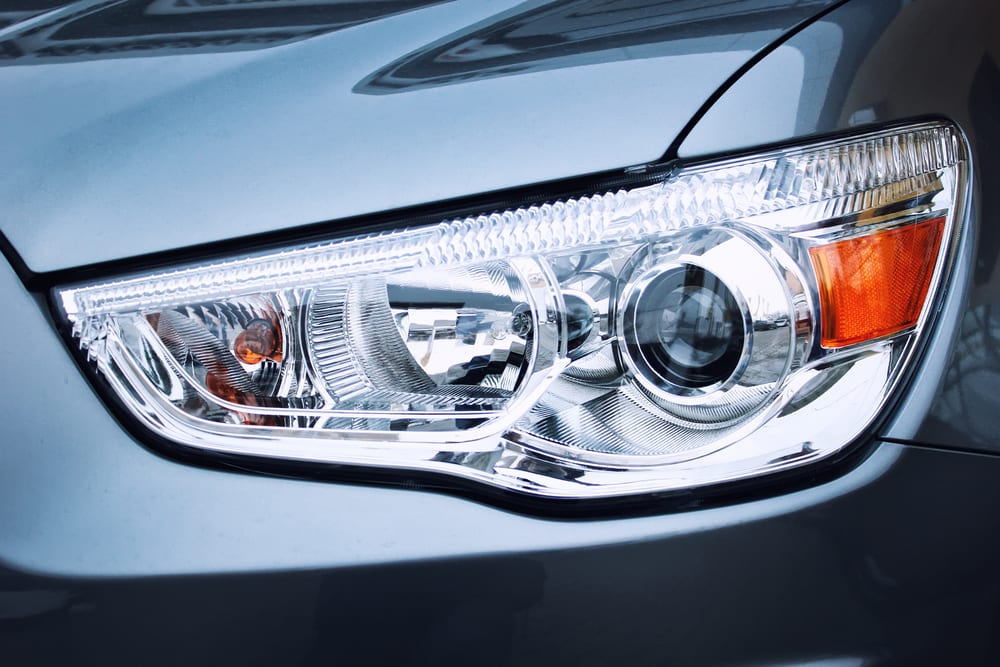

You may not even think about your headlights until you’re having problems with them, but head lights are an important part of your vehicle’s safety systems. They allow other cars and trucks to see you during the day, and highlight the road and any hazards at night. However, headlights tend to fail after about 1,000 hours of operation, as well as dimming that occurs as the headlights get older and the amount of residue from the interior filament that builds up. Finally, headlights tend to be vulnerable to damage from debris and road grit since they are so low to the ground.
There are several different kinds of headlights, or headlamps, including older halogen lights, HID newer lights, and xenon headlights. While years ago, headlights only came in about four different sizes and varieties, they now come in endless assortments of sizes and shapes and dimensions.
Feel free to upgrade: Older cars and muscle cars can benefit from a headlight upgrade – converting to HID (high intensity) lights can boost performance by a great deal.
Older lights are not as good: Sealed beam lights are older, and have a yellowish light; these incandescent lamps made objects seem even duller than in natural light and created a halo-like glow effect for night driving.
Halogen lights don't require major hardware upgrade: Halogen lights are a good upgrade option for older vehicles as they produce brighter light with approximately the same current so you don’t have to make major upgrades to the hardware supporting the lights.
Composite headlights: Composite headlights include plastic covers and easily-replaceable bulbs, but the plastic tends to discolor and get scratchy looking with age.
Xenon headlights: Xenon headlights, also known as HID or high intensity discharge headlights, offer some of the best performances, but can be quite expensive to replace if something happens to them. These brilliant blue lights utilize a plasma discharge to light up the road.
LED headlights: LED lights offer arguably the best illumination with the least power consumption. LED lights emit a light when current passes through an electroluminescent material. Depending on your vehicle, installing LED might or might not require a more significant hardware update.
When you’re looking to upgrade your headlights, look no further than either composite or xenon to get the best light of your life.



